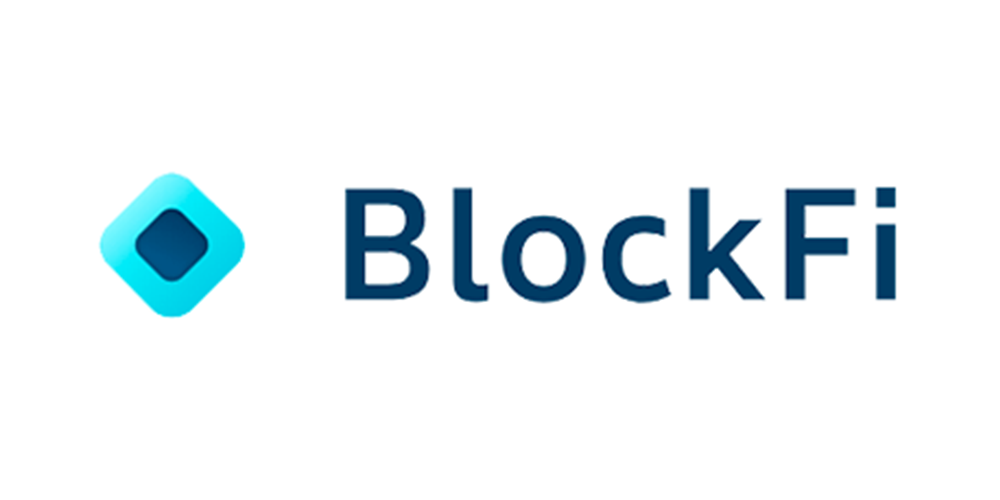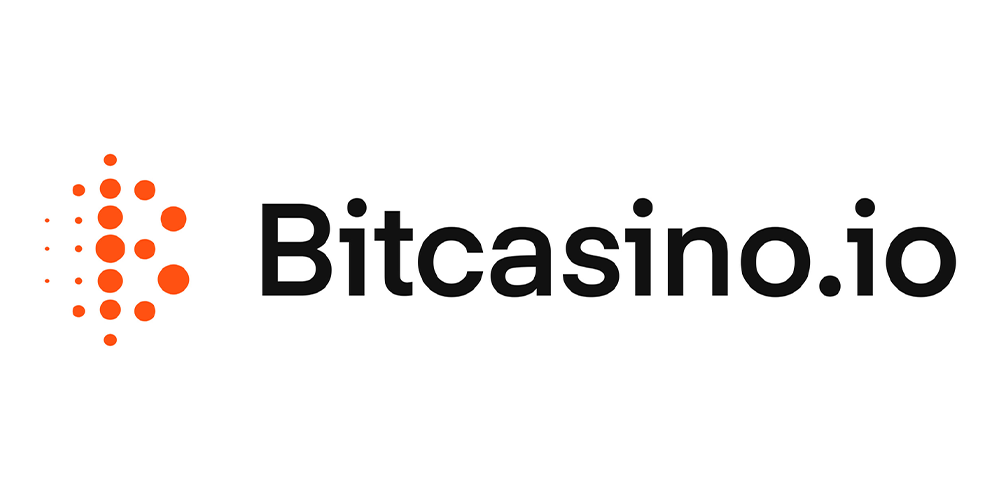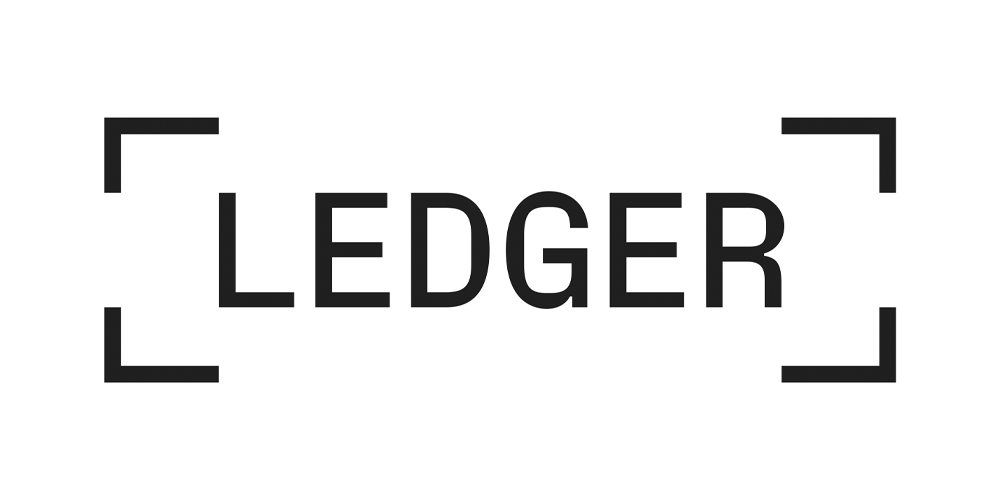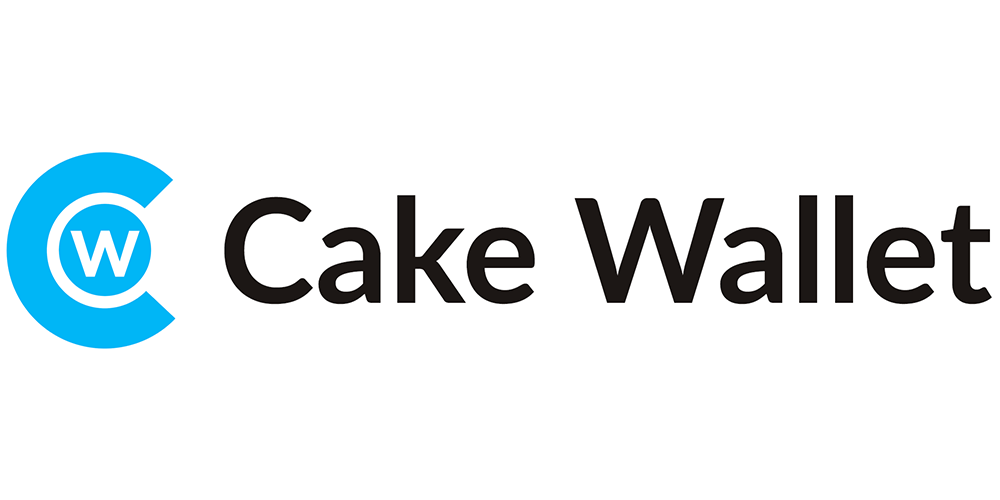The Moral Case for Renewable Energy with Andrew Dessler
Where to find the show
Download Episode MP3 File
The file will open in a new window. Click down arrow to download the file.
“So wind and solar are the cheapest energy sources. A grid that’s primarily wind and solar will be cheaper than a grid that’s running on fossil fuels, so the price will come down. And again, it will also be predictable, and it’ll be at a low price. And we’ll be at that low price in the long term, for decades.”
SHOW DESCRIPTION
Andrew Dessler is a Professor of Atmospheric Sciences at Texas A&M University. In this interview, we discuss the settled science of climate change, the polarisation of the climate change debate, our need for more energy, and the market inevitability of wind and solar-dominated grids.
- - - -
In April, WBD interviewed Alex Epstein who stated humans need access to more low-cost energy. Energy enables humans to survive in otherwise inhospitable climates but also flourish. Epstein stated that energy at the moment is dominated by fossil fuels, which are very hard to replace. Further, he asserts claims of climate change catastrophe are being overstated.
Andrew Dessler, who has previously publicly debated Alex Epstein, wanted an opportunity to rebut some of Alex Epstein’s claims. Dessler agrees that humans need access to more energy; underinvestment over previous decades has contributed to the current energy crisis. But, humans also need to be concerned about the existential risks of increasing carbon emissions.
There is widespread consensus amongst climate scientists that the science of climate change is correct, and the forecasts have been proven to be reliable. The risks are real and significant. There is a fear that attempts to refute the science feed the culture wars, where climate change views are predetermined by political allegiance.
Dessler also claims that refuting science is a cynical tactic to avoid moving the debate onto the policy. His rationale is that the case for transitioning to renewables isn’t just predicated on reducing carbon emissions, there is also a compelling economic case: it is an energy source with a marginal cost of zero. A strong supply market for solar and wind is powerful validation for this.
That’s not to say 100% of our energy needs can be derived from wind and solar. Those advocating for increased use of renewable energy are fully aware of the need for reliable dispatchable power from other energy sources. But there is a strong conviction that renewable energy can become a dominant provider for our energy needs of today and tomorrow.
TIMESTAMPS
00:03:52: Introductions
00:05:33: Bitcoin mining and the Texas grid
00:09:06: Conflicting views on climate change
00:14:40: Understanding the current energy crisis
00:25:05: Doomsday climate predictions
00:32:40: Accuracy of climate models
00:41:14: Debating the science, and the culture war
00:53:45: Government roles in mitigating climate change
01:05:02: The Green New Deal, and ESG
01:09:58: The short-term view of corporations and governments
01:14:31: Climate change impact and mitigation
01:21:43: Climate impact on global death rates
01:24:21: The economics of adaptation
01:28:55: China's transition from coal to renewables
01:32:18: ERCOT, Texas, and how a renewables grid operates
01:42:33: Costs and reliability of renewable energy
01:49:03: How renewable are renewables?
01:51:27: Restrictions on transitioning to renewable energy
01:56:34: Energy supply chain issues and wars
02:01:04: Final comments
SUPPORT THE SHOW
If you enjoy The What Bitcoin Did Podcast you can help support the show by doing the following:
Become a Patron and get access to shows early or help contribute
Make a tip:
Subscribe on iTunes | Spotify | Stitcher | SoundCloud | YouTube | TuneIn | RSS Feed
Leave a review on iTunes
Share the show and episodes with your friends and family
Subscribe to the newsletter on my website
Follow me on Twitter Personal | Twitter Podcast | Instagram | Medium | YouTube
If you are interested in sponsoring the show, you can read more about that here or please feel free to drop me an email to discuss options.
SPONSORS
SHOW NOTES
Connect with Andrew:
On Twitter
Mentioned in the interview:
Inside the New York State Crypto Mining Moratorium Bill - Investopedia, Jun 22nd 2022
Apocalypse Never: Why Environmental Alarmism Hurts Us All by Michael Shellenberger
Debate on Climate Change with Authors Alex Epstein and Andrew Dressler - C-SPAN, Mar 12th 2022
How could global warming accelerate if CO2 is 'logarithmic'? - Skeptical Science
COP26: Are nations on track to meet their climate goals? - BBC, Jun 5th 2022
Can Africa grow without fossil fuels? - Financial Times, May 31st 2022
Scientists warned the US president about global warming 50 years ago today - The Guardian, Nov 2015
Unforced Variations vs Forced Responses? - RealClimate, Jun 2019
Biden says he won't directly ask Saudi Arabia to produce more oil - Reuters, Jun 30th 2022
What Is the Green New Deal? A Climate Proposal, Explained - NY Times, Feb 2019
Musk Says ESG ‘An Outrageous Scam’ After Tesla Index Exclusion - Bloomberg, May 18th 2022
The Lawyer Who Became DuPont's Worst Nightmare - NY Times, Nathaniel Rich, Jan 10th 2016
A $26 billion dike could prevent ‘America’s Chernobyl’ - The Hill, Apr 2021
Climate change is forcing schools to close early for 'heat days' - Washington Post, Jun 4th 2022
"Sun Kinks" in Railways Join the List of Climate Change's Toll - Scientific American, May 2014
Energy Tycoon Kelcy Warren's Gave $1 Million to Greg Abbott - Texas Observer, Jul 2021
COP26: China and US agree to boost climate co-operation - BBC, Nov 2021
Texas Emerges as Solar’s Next Frontier as Power Demand Booms - Bloomberg, Fen 22nd 2022
Other Relevant WBD Podcasts:
WBD493: Is There a Moral Case for Fossil Fuels? with Alex Epstein
WBD481: Bitcoin’s Clean Energy Revolution with Nic Carter & Troy Cross
WBD463: Can Bitcoin Mining Save the Environment? with Troy Cross
WBD441: The State of Bitcoin Mining with Amanda Fabiano & Jaime Leverton
WBD398: ESG & Institutional Bitcoin Investment with Kevin O’Leary
WBD126: Michel Rauchs on The Bitcoin Electricity Consumption Index
Defiance 029: The Real Science Of Climate Change | Prof. Katharine Hayhoe
Defiance 024: The Origins Of Climate Denialism | Nathaniel Rich












